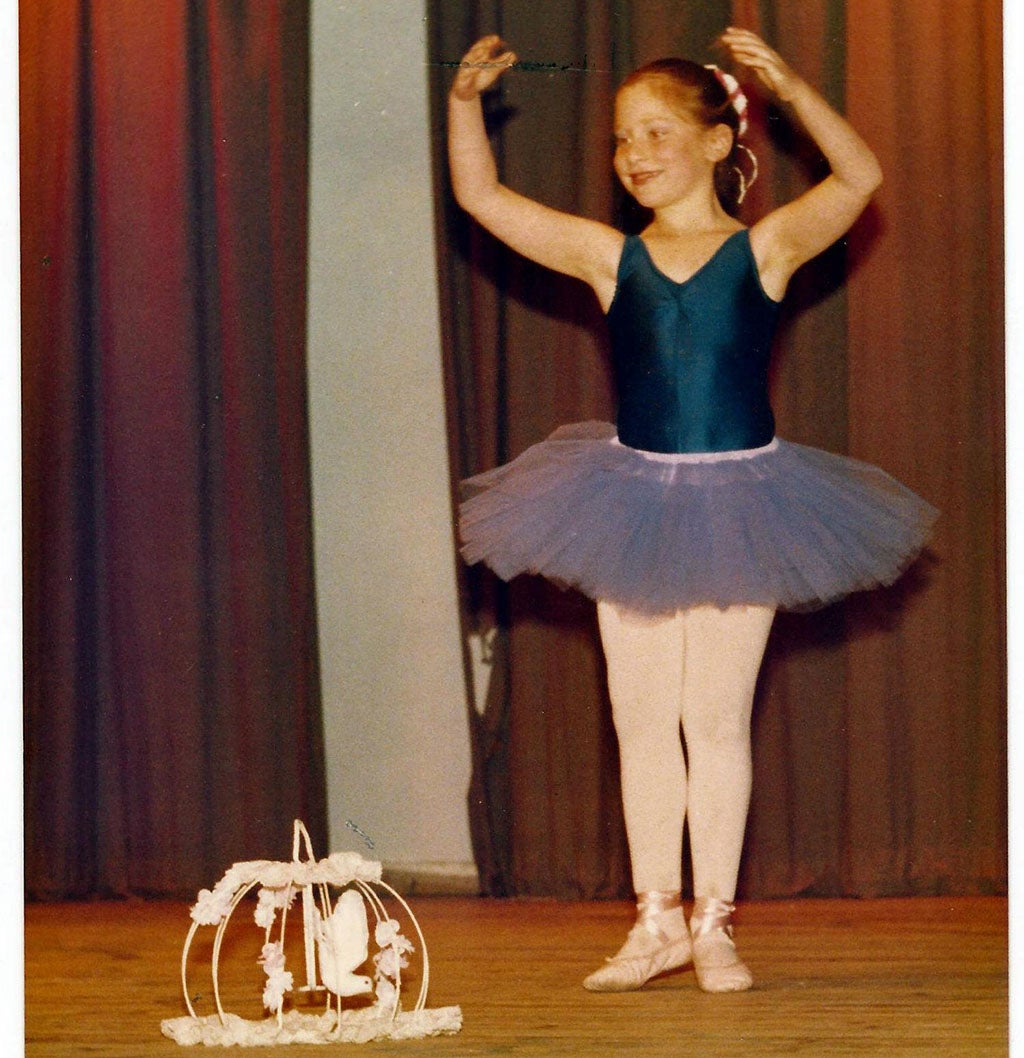Living with multiple sclerosis: It’s the hidden symptoms of MS which have the most impact
Progressive MS is visible. But the symptoms which have the biggest effect cannot be seen. Many people with MS experience these ‘invisible symptoms’ with no perceptible sign to the outside world.

There was a knock on the door. I woke with a start, waited for my numb legs to weight-bear and stumbled slowly to answer. I was presented with a beautiful bouquet of white roses. I shakily opened the card, ‘Dear Shana, we are so sorry to hear of your recent diagnosis of MS. We wish you all the best for the future. All at IDTA – International Dance Teacher Association.’
It was December 2008 and I had just been diagnosed with Multiple Sclerosis (MS), aged 28.
Five years earlier I had moved to Brighton to set up a stage school. Originally I’d taught dance, musical theatre and piano, but gradually my health deteriorated. Eventually I was struggling to walk; my hands couldn’t play the piano and my vision was blurry. The school had grown to 300 students, 13 members of staff and I just couldn’t cope. I was confused, desperate and utterly exhausted... so when I was finally diagnosed with MS, it was actually a relief. Finally I knew what was wrong. I sold my business and was signed off work.
Trishna Bharadia, the wonderful ‘People’s Strictly’ contestant also has MS. She is absolutely incredible, so full of life and determination. And she does fantastic voluntary work raising awareness of MS and supporting many thousands of people living with the condition - she truly deserves every second of her amazing experience and it’s a great opportunity to raise awareness of the condition during a prime time TV slot.

Trishna and I were both diagnosed in 2008 aged 28, yet MS has affected us in very different ways. Every single person with MS is different.
Some forms of MS are ‘relapsing and remitting’. This means there are periods where someone is affected by a specific attack on the nervous system, but there can be periods of relatively good health in between when symptoms can be more manageable. Other forms are ‘progressive’ where MS gets steadily worse over time. However, both relapsing-remitting MS and different forms of progressive MS can vary hugely in aggressiveness. Some people are able to lead full and active lives, whilst others are severely disabled by the illness.
Sadly, there is no cure for MS. There are medications which can help to reduce the number and severity of relapses in relapsing MS, but there is no treatment at all for Progressive MS.
In some ways, life is simpler for me because my MS is visible. I struggle to walk 10 – 20 metres with a walking frame and use a wheelchair or a mobility scooter when I am out. No one ‘forgets about’ or questions my MS. But actually, the symptoms which have the most impact on my life cannot be seen. And many people with MS experience these ‘invisible symptoms’ with no perceptible sign to the outside world. There is neuropathic pain; excruciating pain in your face and teeth, severe itching and skin crawling sensations, pins and needles, numbness, burning skin which feels like you’ve been dunked in acid. Muscles which twist and cramp. Electric shock sensations down the spine. Bladder and bowel problems. Visual disturbance such as blurred or double vision, vertigo and dizziness. Cognitive problems affecting memory, concentration, word recall, or losing track mid-sentence. And then there is fatigue…
MS affects around 100,000 people in the UK. Fatigue effects 80% of people with MS, and for many of us it is the most disabling, unpredictable, fluctuating aspect of MS. It’s an absolutely crushing physical and mental symptom that cannot be overcome through will-power. When fatigue hits, I feel like my plug has been pulled out. Physically my body suffers extreme weakness and heaviness and every tiny movement, even raising my hand, is like fighting through thick treacle. But the mental effects are worse. The world separates from my consciousness. My brain is shrouded in a deep fog. It is a dreamlike state where I can hear people and see people, but I somehow I cannot connect. Fatigue cannot be fought, only managed through rest and care.

I know Trishna suffers with fatigue and it has been a real challenge for her to participate in ‘The People’s Strictly’. I really hope people truly understand what an absolutely incredible achievement it is. It has only been possible because her family, her professional dance partner Aljaz and the BBC have been amazing in supporting her and adapting around her needs. She is a true inspiration and my hero.
I am an avid ‘Strictly’ fan. I adore the glitter, the costumes, the music and most of all the dancing. But dancing was my life and I miss it desperately. Fortunately I have found many new, exciting things to do on a voluntary basis. My life is fun. But I have had to come terms with loss on so many levels. I would give anything to dance again.
You can watch Trishna in the final episode of ‘The People’s Strictly’ on BBC iPlayer.
@Shoshana1979
Join our commenting forum
Join thought-provoking conversations, follow other Independent readers and see their replies
Comments
Bookmark popover
Removed from bookmarks